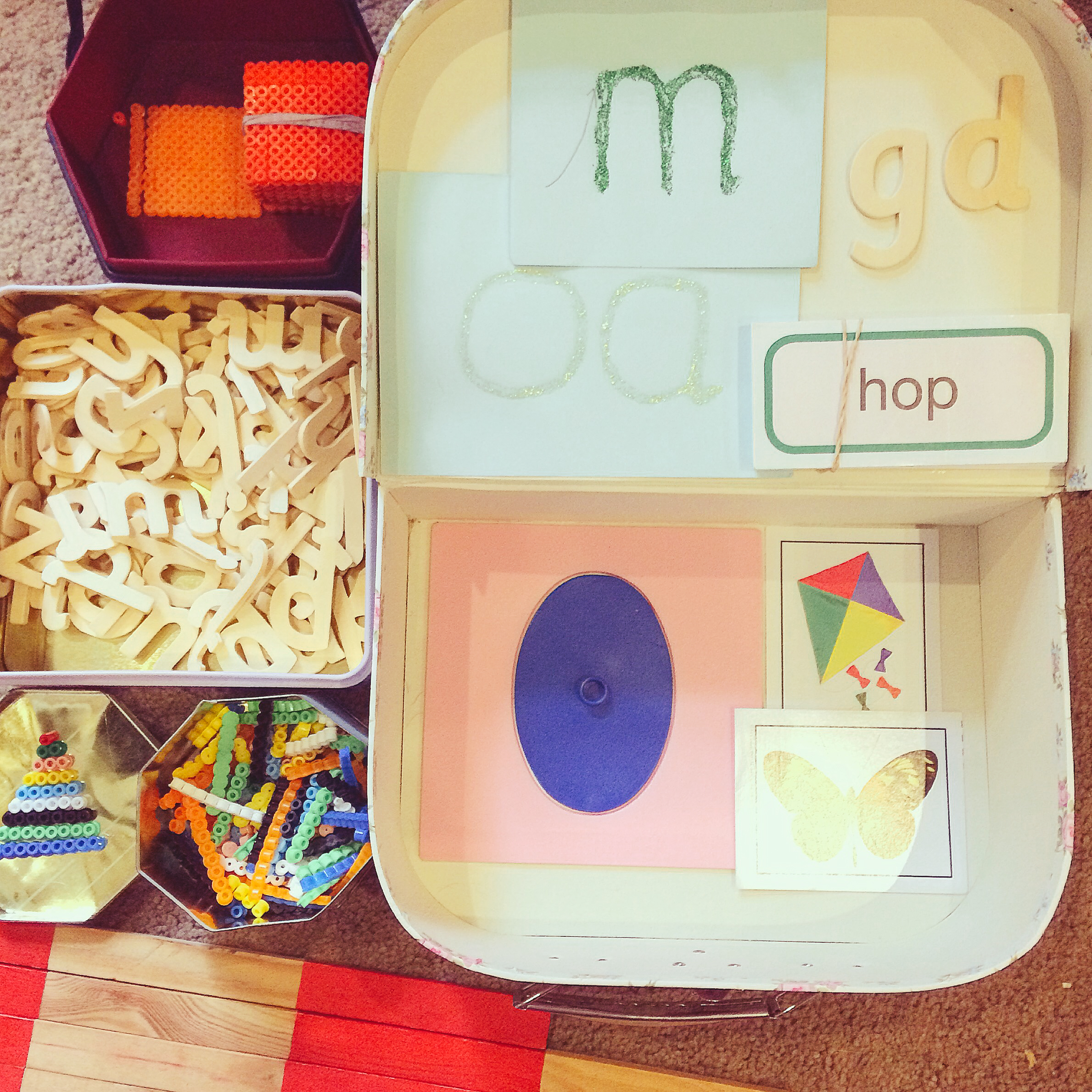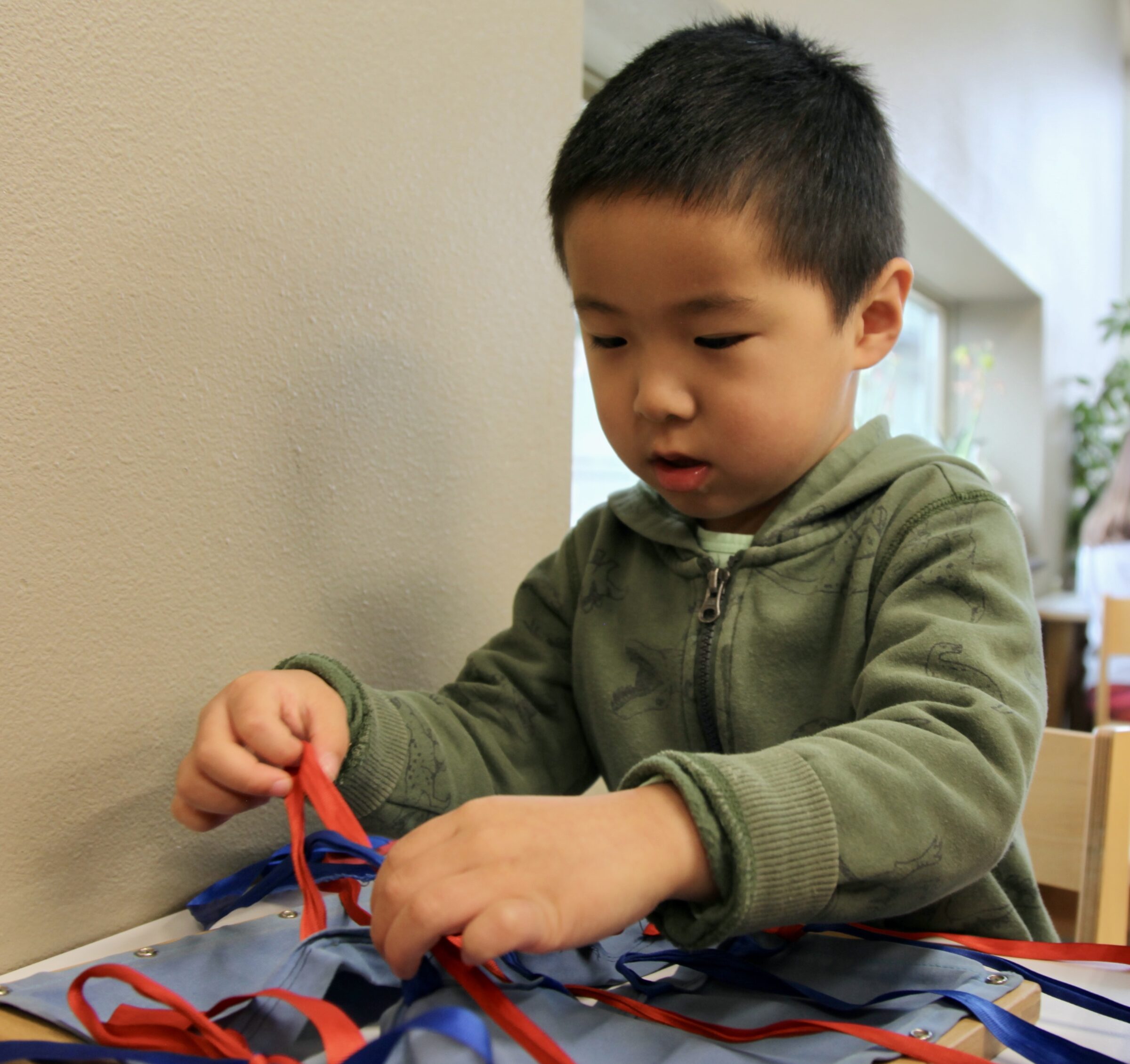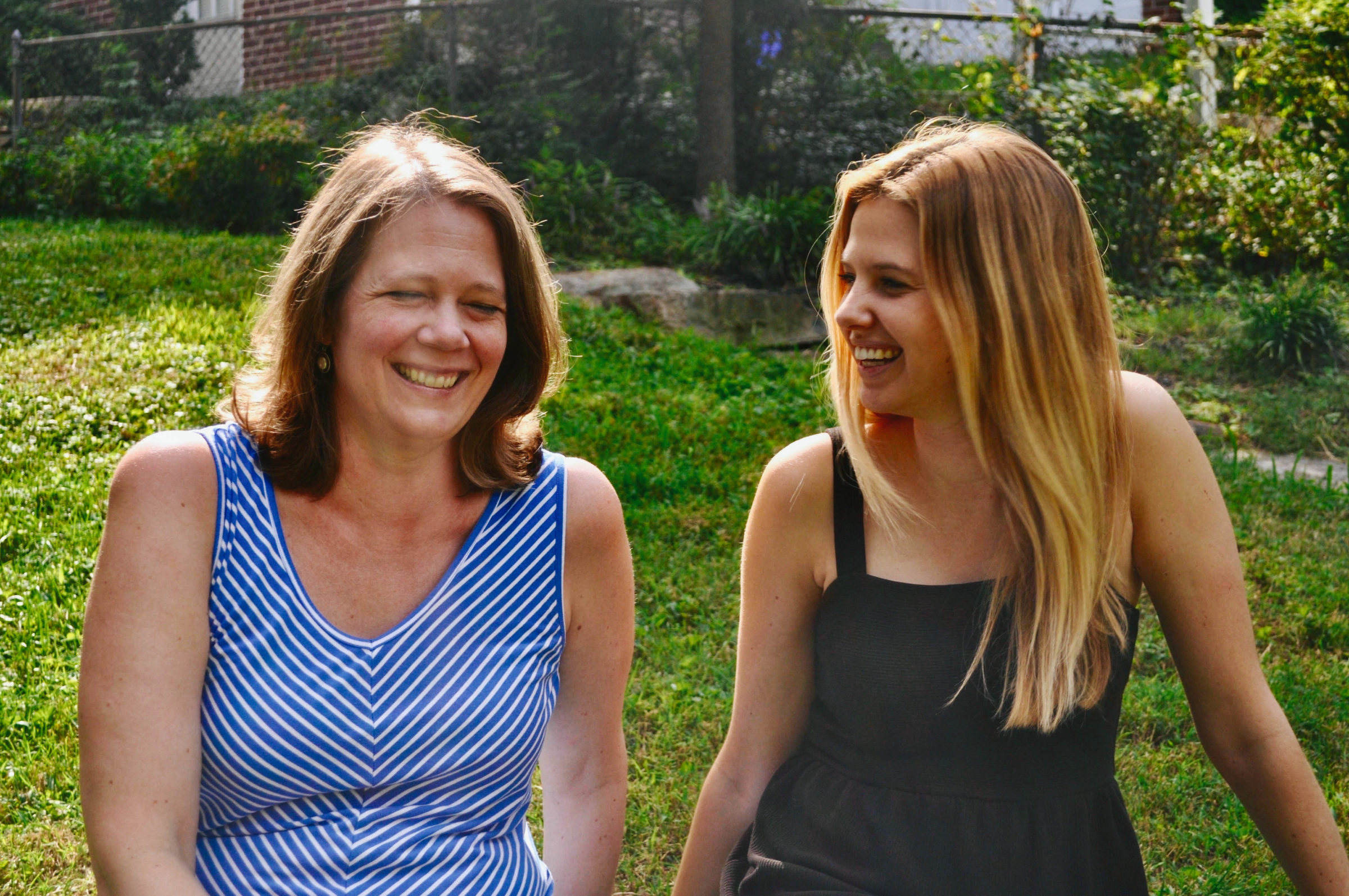Spotlight Rochelle Cutler
Spotlights
We first interviewed Rochelle Cutler of I Can Do It Montessori in 2015, and we wanted to see what’s new in her world! If you haven’t read her previous Spotlight, it’s definitely worth a read.
Q: So, what’s new with you??
I’ve spent the past 18 months helping to set up a new Montessori school and now I’m moving on to my next challenge – creating online parenting courses!
Q: What has you excited these days?
Working on the new online courses. Since I moved away from London last year it’s been difficult to offer as many parent workshops and other classes. Parents have been asking for online courses for a while and it’s so easy to get online now. I’m excited to add these as another option to my personalised services.
Q: Rapid-fire questions: You’re at a party and someone asks you what you do, what’s your answer?
This happens a lot! I’m a Montessori teacher and I do parenting support, a bit like Supernanny but without a naughty step or telling offs. I help families with gentleness and kindness that achieves the same excellent results.
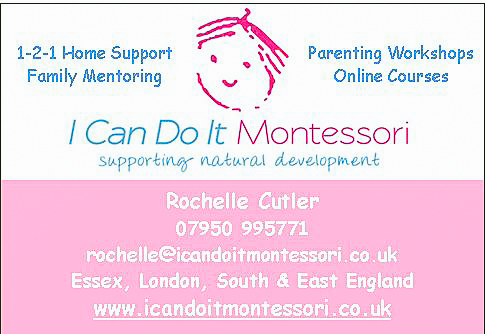
Q: In the same vein, what’s your elevator speech when someone asks you, Montessori?? What’s that?!
This also happens all the time! It depends on the situation but usually I explain that Montessori is a method of education that supports children to be independent, free-thinkers, capable, assertive and kind.
We have the most wonderful, effective language and maths equipment that allows children to truly understand these abstract concepts. We don’t use worksheets, everything is through real life experiences.
Every child has opportunities and freedom to explore their own interests, and then we guide them towards other work that we know they need to do as well. Children feel heard, respected and valued because Montessori is a holistic method of education, an Aid to Life.
It can be used with every child, as long as the teacher is suitably trained, open to more learning, and willing to be flexible to find ways to engage each child and support their individual needs.
Q: With this special expertise you hold for working with very young children, what about Montessori lends itself well to home and family life?
I love helping families understand that children already have a developmental plan within them. All parents need to do is provide interesting experiences, model how to do things and then let children explore and create for themselves.

We work a lot on how to use positive language, allow extra time for routines such as getting dressed or eating independently, set up the home in a gently ordered way so children feel confident and capable and involve children in all aspects of life.
Q: Are there areas that are better suited to the classroom?
I’d say that Montessori teachers are fully trained and experienced in creating a children’s community. So we’re great at making sure every child succeeds because we have the tools to guide them.
However, the basic Montessori principles can all be applied at home and in any other environment. This is what makes my work with parents so fulfilling; I show them the essentials and they apply them to their own family.
Q: What advice do you have for parents trying to incorporate Montessori at home?
The first thing is to realise your child has a lot going on – they’re creating a whole human being using everything they experience. Your role as a parent is to show how to be kind, loving, respectful, firm and empathetic.
Your child mirrors your behaviour so if you want them to speak gently and be assertive, you need to show how to do that consistently. Children need a consistent routine, gentle boundaries and lots of choices whenever possible.
If you can set a limit positively it makes a world of difference. For example: “We don’t hit people, it hurts. You CAN… pound a cushion or use your words to tell me how angry you are. It’s ok to feel angry. Tell me how you feel and then I’ll help you calm down. We’ll find another way to get what you need.”
In Montessori we don’t use rewards or punishments and that’s a difficult concept for many people. But what it means is we pay attention to what’s actually happening, e.g.
What caused this child to behave negatively in that situation?
How can we prepare them beforehand so they know what’s acceptable?
Do we need to change the routine or our expectations?
Is there something we could change concerning our words or body language that would diffuse the situation?
Does this child need more practical life activities to help them feel capable and useful, so they don’t act out because of low self-worth?
The basic essentials for parents are to provide a loving, secure, consistent home environment that can support children’s natural development.
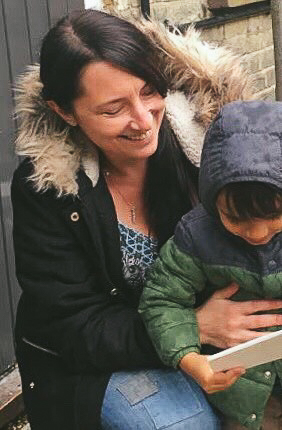
Q: Is there a common thread you’ve noticed in all your work with families?
Yes, helping them allow children to be as independent as possible from an early age. This prevents many arguments and tantrums. Even babies want to do things for themselves and will show their feelings when parents do too much.
I find it fascinating how capable children are when we find ways to allow their participation in life. For example, using a spoon and tiny cup at 6 months old, pulling socks off at 10 months, putting a scarf on at 12 months, setting the table at 15 months. All these feel amazing to a little child because they’re able to do them without help. Independence is the key to instilling self-worth at any early age.
Q: What is our role, and what responsibilities do we have, as educators when speaking with families, such as at conferences, or even an initial conversation about a possible Montessori education for their child?
I’ll always remember one of my Montessori teachers, Mrs Hilla Patel, telling us that we must always speak up for the rights of the child. They often can’t articulate their own needs so it’s up to us and we must be strong and say what’s necessary.
Our responsibility as Montessori teachers is to be good role models for parents and strong supporters of all children. I often become quite animated when explaining why Montessori education is so wonderful and all-encompassing!
The understanding we have of children’s development is unique and special. We need to communicate this to parents in a way that’s inviting and encouraging – just like the ways we show work activities to the children. Giving just enough information to intrigue then stepping back to let parents decide to find out more for themselves.
Q: In what ways do you envision the future of education?
I can see lots of changes happening and more respect for children but it’s a slow process. We need to train more teachers in mainstream education so they have a clearer perspective of how children develop and can adapt accordingly.
Dr. Montessori was so far ahead of her time with her insights and it’s great that modern science is proving what she observed as true. Education is definitely changing and people are realising that tests and exams put unnecessary pressure on children.
I hope that governments will embrace individualised learning like we have in Montessori and move away from traditional rote learning and the ‘sheep’ mentality. Children are individuals and deserve to be treated accordingly, encouraged to choose their own life path and excel in areas that naturally suit them.
Q: Where do you see Montessori in the next 100 years?
I hope we find an effective way to provide online AMI training so millions more people can become qualified teachers. I value my training massively and I know it’s important to have real-life experiences with highly-trained teachers.
There must be a way to combine these and offer alternative training course options. Dr Montessori was a true innovator. I think she would love us to find a solution and continue her work using technology in combination with personalised training, maybe part residential and part online?
I see Montessori expanding to transform education and parenting skills all over the world. Maybe in 100 years we’ll achieve one of our primary aims: Education for Peace!
Written by:
Charlotte Snyder
